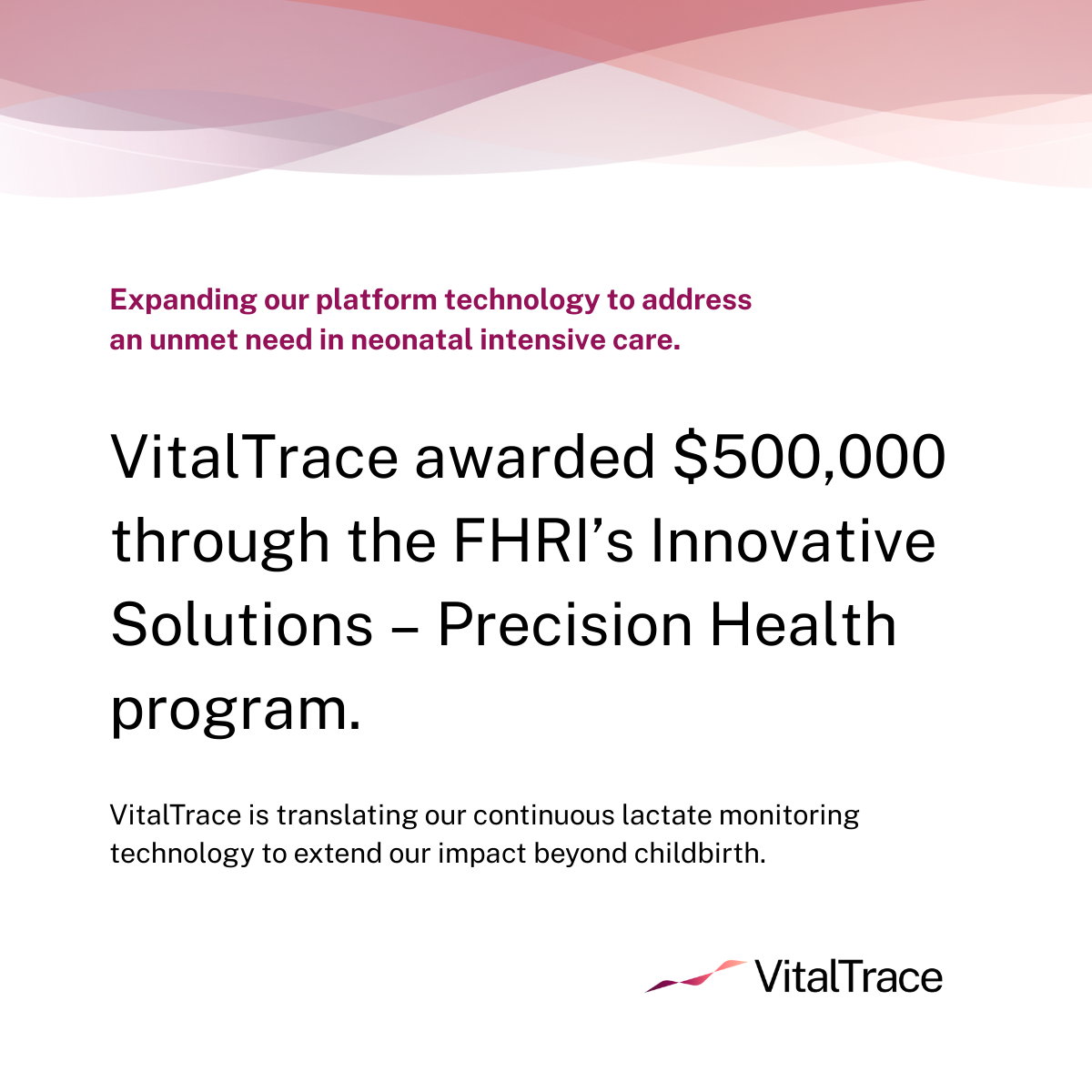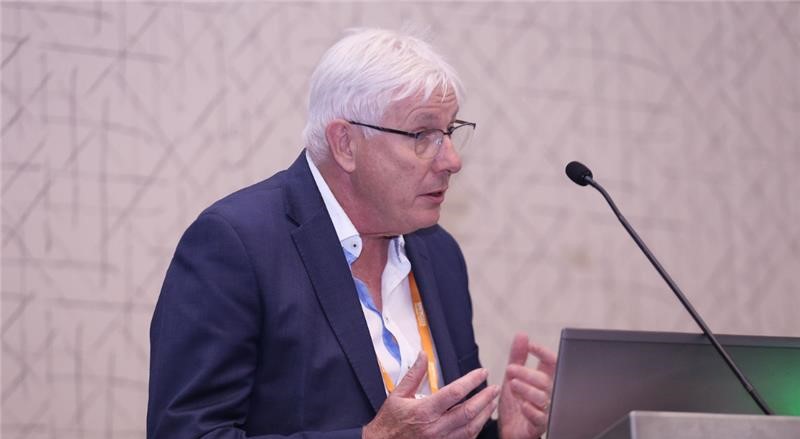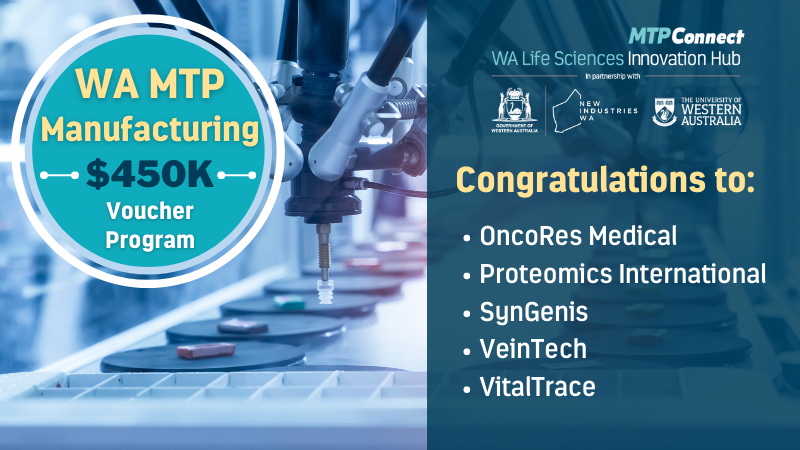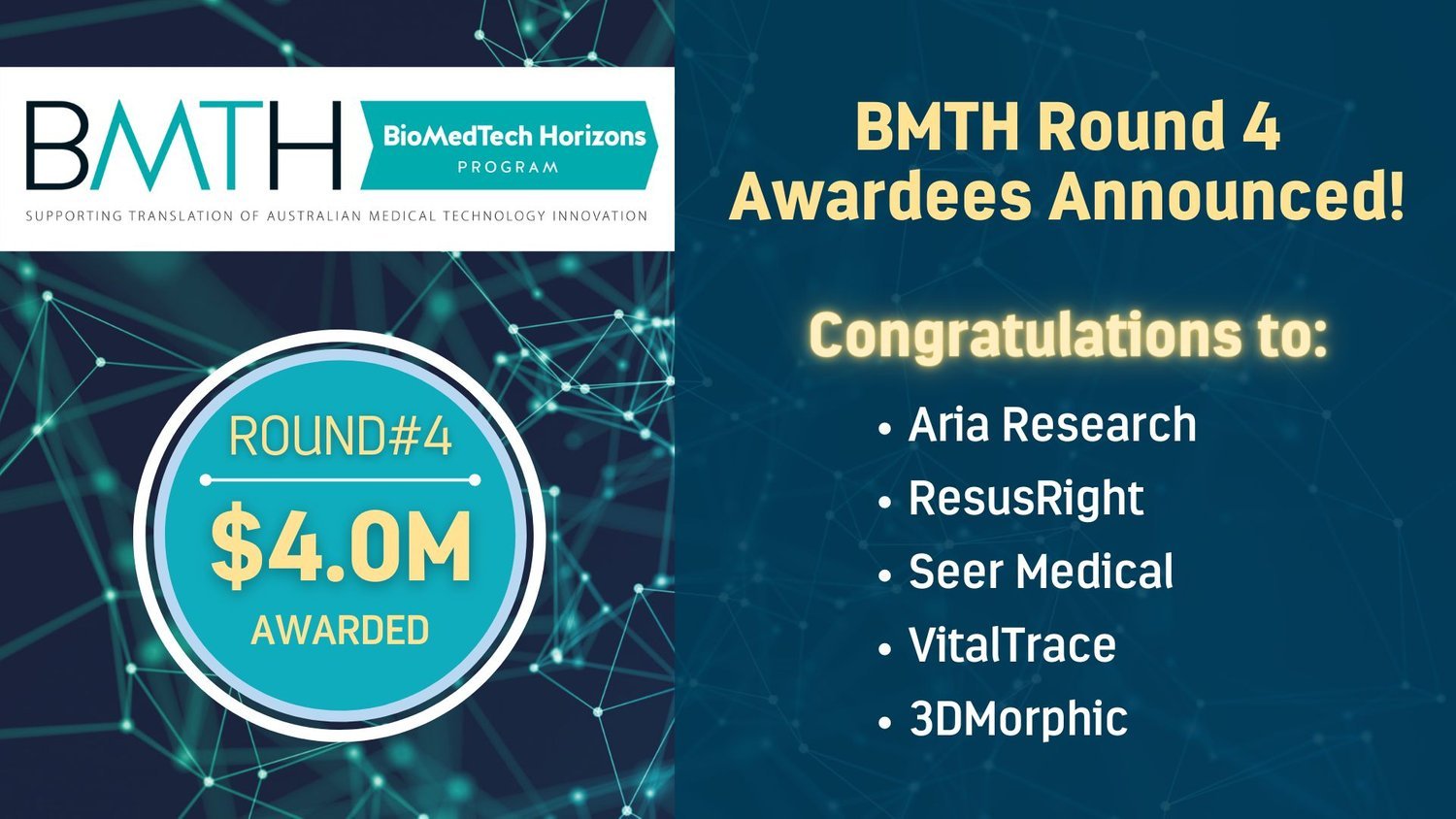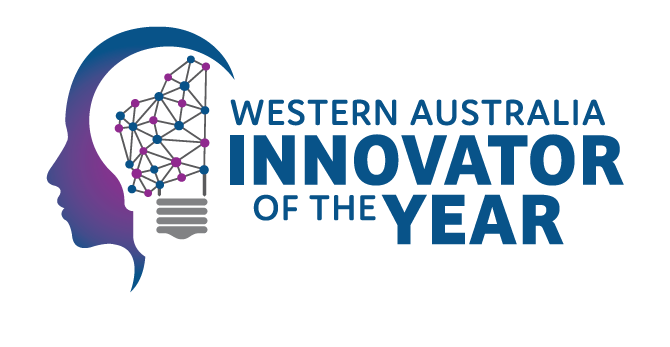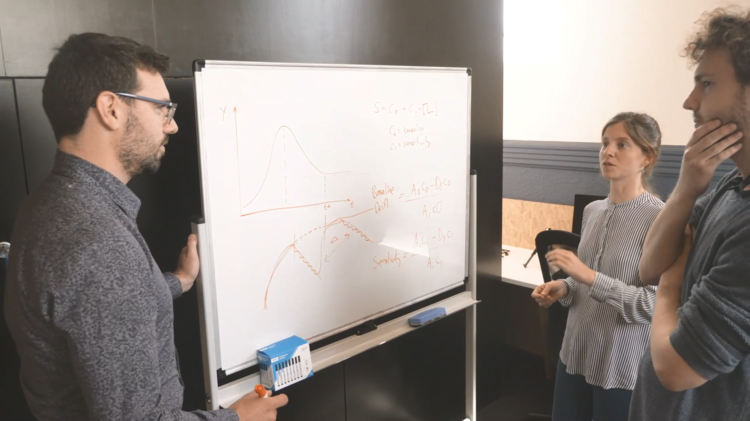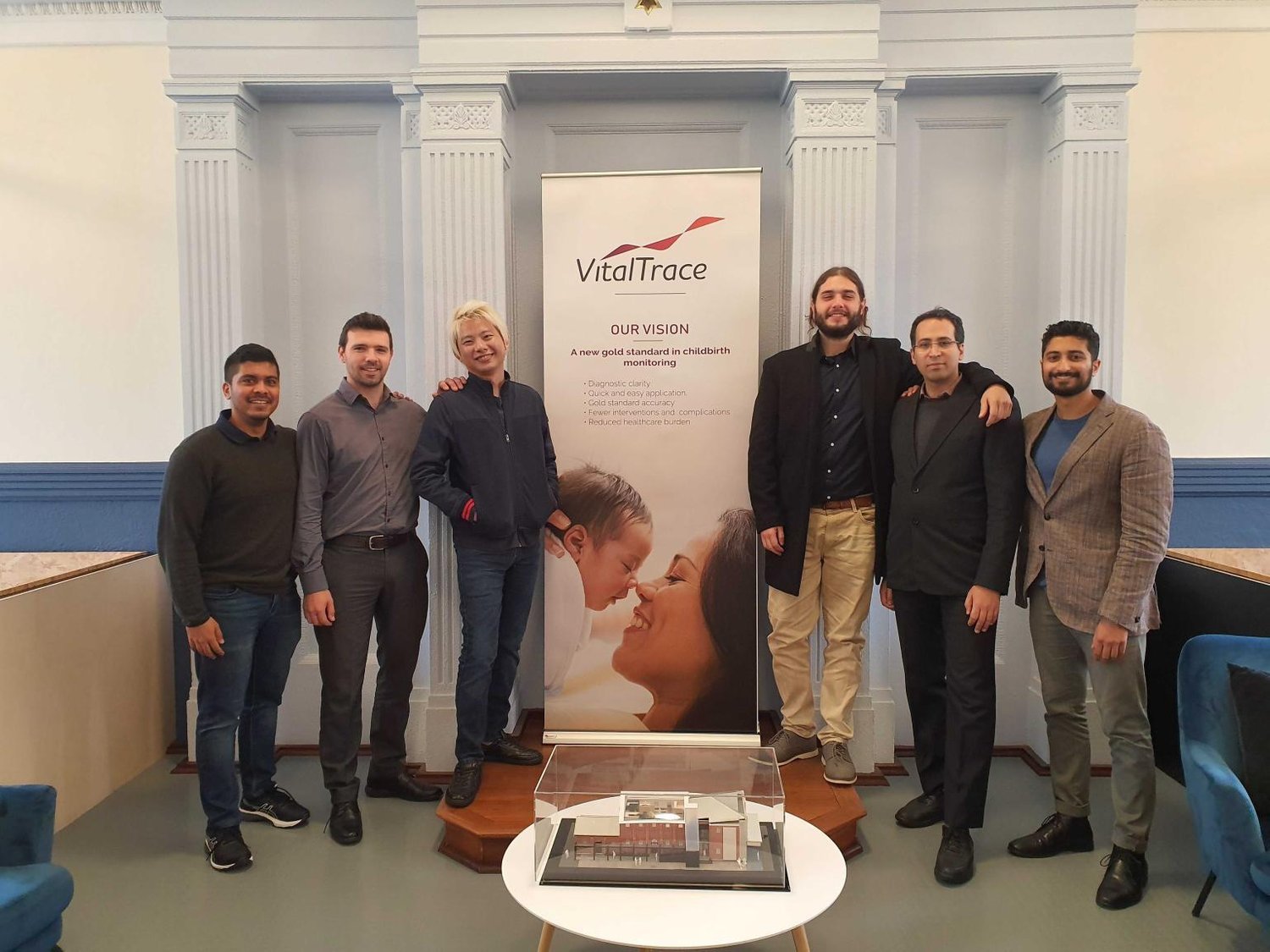Latest Updates at VitalTrace
Stay informed with the newest milestones reached, stories, and insights shaping the future of maternal health and neonatal care.
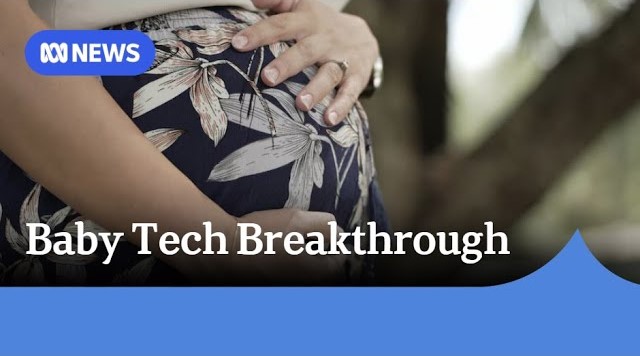
VitalTrace's DelivAssure featured on national news as a potential breakthrough
Our continuous lactate monitor for childbirth, DelivAssure, has been featured on a number of media platforms, including the ABC, as a potential breakthrough.
A breakthrough in childbirth care and a proud moment for the VitalTrace team. Our continuous lactate monitor for childbirth, DelivAssure, has been featured on a number of media platforms, including the ABC, as a potential breakthrough.
A moment of thanks on the achievement of the recent clinical trials:
We want to especially thank our Chief Medical Officer Jonathan Morris, the tireless Sharon McCracken, and our long-time collaborator Jane Pillow, who have been integral to our progress.
Thank you to our Principal Investigators across our clinical trials: A/Professor Sean Seeho, Penny Sheehan, Daniel Rolnik and Scott White. We’re incredibly grateful to the clinical teams and hospitals who made these trials possible across Royal North Shore Hospital, Monash Health, King Edward Memorial Hospital and Box Hill Hospital - Eastern Health.
The mothers and babies who took part in our trials are also at the heart of our work. We are endlessly appreciative for their participation.
Also with thanks to our partners and supporters: The University of Western Australia, University of Sydney, University of Technology Sydney, Australian Government and Government of Western Australia's Future Health Research and Innovation (FHRI) and Department of Jobs, Tourism, Science and Innovation (JTSI), Fund WA and Artesian (Alternative Investments).
Most of all, a huge thank you to our entire VitalTrace team whose hard work and dedication everyday have lead to this outcome.
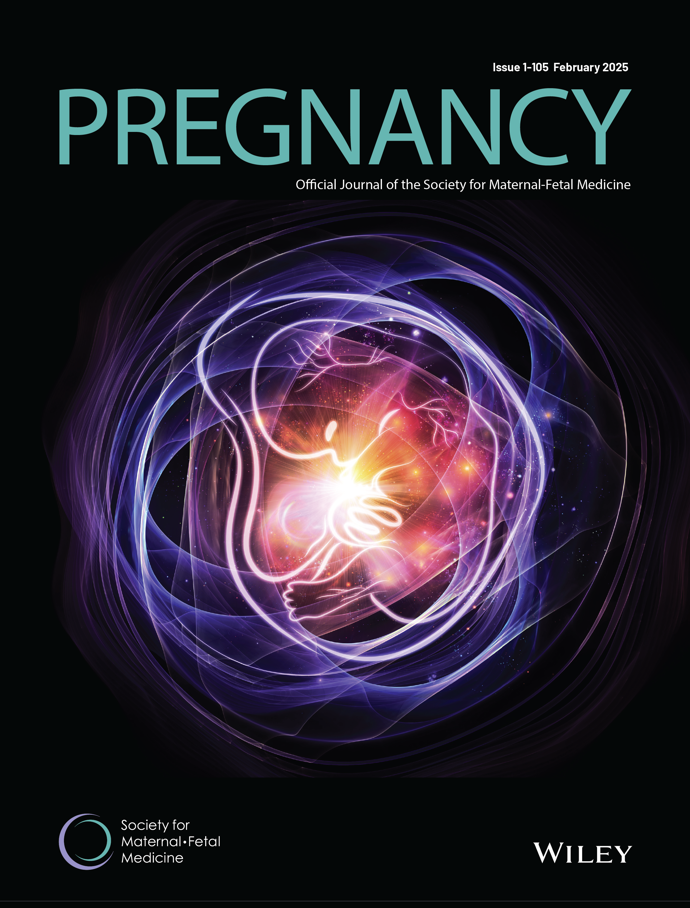
VitalTrace's first peer-reviewed journal article published in The SMFM Pregnancy Journal
Our first peer-reviewed journal article has been published in The SMFM Pregnancy Journal — the official open-access journal of the Society for Maternal-Fetal Medicine (SMFM) based in Washington, DC.
Our first peer-reviewed journal article has been published in The SMFM Pregnancy Journal — the official open-access journal of the Society for Maternal-Fetal Medicine (SMFM) based in Washington, DC.
In collaboration with The University of Western Australia, our study demonstrates the capability of our technology, DelivAssure, in detecting early signs of fetal lactic acidosis, highlighted by the strong correlation between sensor current and venous blood lactate levels.
We're proud to contribute to the growing body of evidence aimed at improving outcomes for mothers and babies — DelivAssure has the potential to revolutionise intrapartum care by enabling crucial early detection and management of fetal asphyxia during labor and delivery.
📰 Read the full article here: https://onlinelibrary.wiley.com/doi/10.1002/pmf2.70017
We're incredibly grateful to our collaborators, clinical partners, and the SMFM editorial team for supporting this work.
